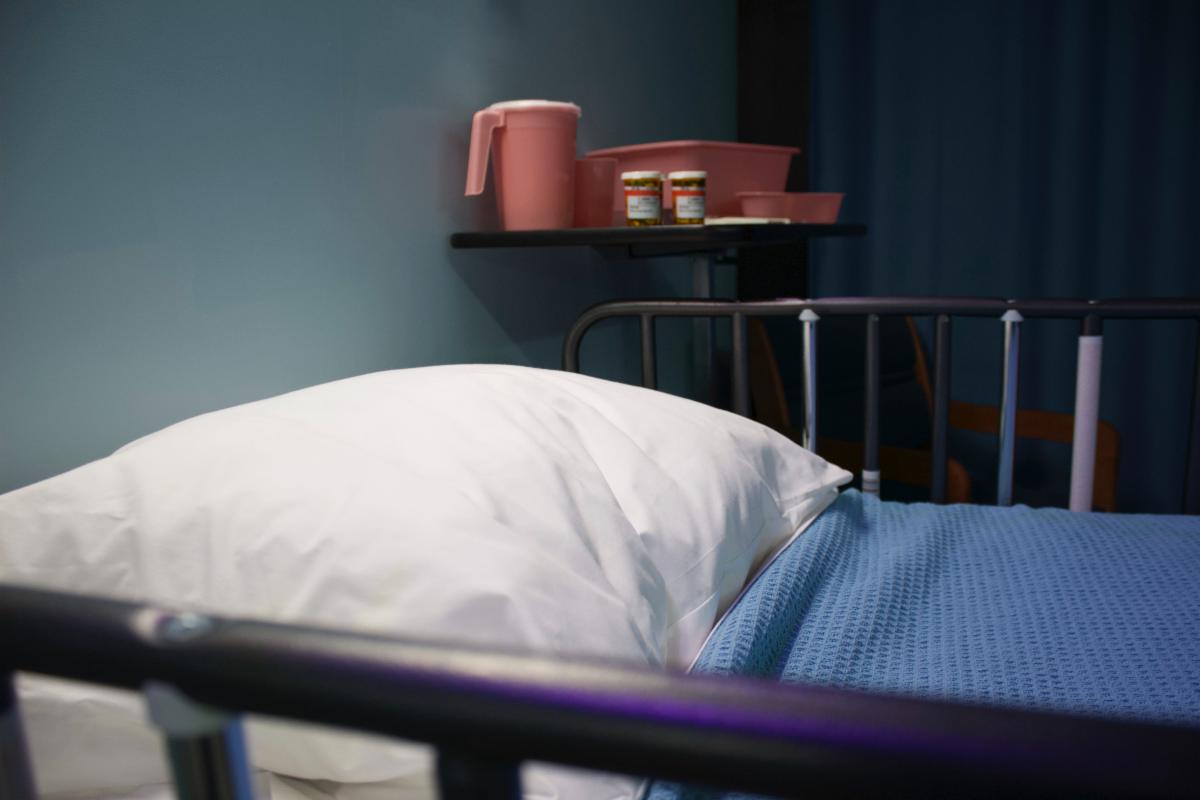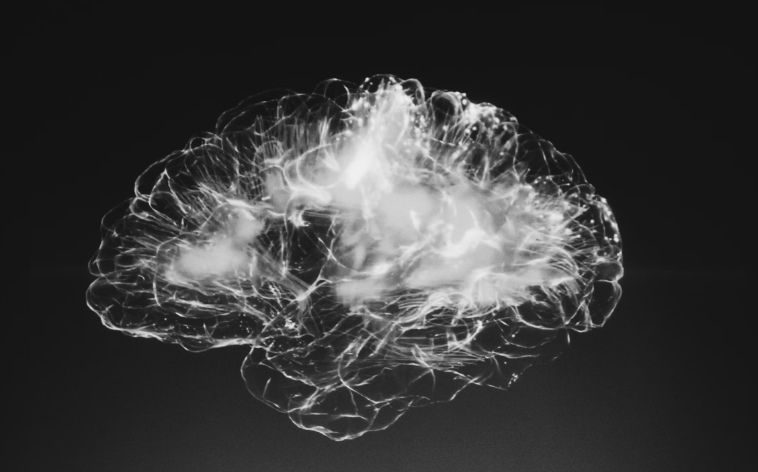Reform Priorities: Access to Care
Like other chronic medical conditions, people with severe mental illness (SMI) experience symptoms that vary in severity over time. A robust continuum of care is needed to ensure that people with SMI receive appropriate treatment during all stages of their illness.
Unfortunately, in our broken mental health care system, people with SMI requiring emergency psychiatric care are often involuntarily brought to hospitals and treated, only to be discharged from inpatient care without follow-up, leaving them to deteriorate to the point of once again needing emergency services.
Barriers to a robust continuum of care
Many people with severe mental illness live healthy and productive lives. However, as with any chronic condition, continued treatment and support may be necessary to keep symptoms manageable.
Voluntary inpatient and outpatient treatment options should be readily available to all people with severe mental illness who want to seek treatment for their mental illness. When treatment is not available, people with SMI may experience psychiatric deterioration and tragedy.
- Barriers to outpatient care
Ongoing access to outpatient treatment providers like psychologists, psychiatrists, and social workers is an important part of the care continuum for people with SMI. However, almost 4 in 10 Americans live in areas with a shortage of psychologists, counselors, and social workers. This shortage is more pronounced in rural areas and neighborhoods with predominantly Black and Latino populations, leaving many without access to outpatient mental health services. Lack of access to comprehensive insurance and high-out-of-pocket costs can also make visits to psychologists, psychiatrists, and other mental health providers inaccessible for many Americans.
- Barriers to inpatient care
If symptoms escalate to the point of crisis, inpatient treatment in a hospital may also be necessary for stabilizing symptoms and returning to community living. However, due to the current shortage of psychiatric beds in the United States, people seeking admission to a psychiatric hospital may not be able to access a bed. TAC documents the shortages in the report: Prevention Over Punishment: Finding the Right Balance of Civil and Forensic State Psychiatric Hospital Beds.
Underutilized, Evidence-Based Treatments
Involuntary treatment is necessary for some people with SMI but represents the final stage of the treatment continuum. To ensure people with SMI do not deteriorate to the point of needing involuntary treatment, evidence-based services are needed at every stage of the illness course. Despite robust evidence for their efficacy, there are many evidence-based treatments that remain underutilized for SMI in the United States.
When a person first begins to experience symptoms of psychosis, it can be frightening and disorienting. First-episode psychosis coordinated specialty care (CSC) programs are an evidence-based form of treatment that has been shown to reduce symptoms and improve quality of life for people with SMI. To learn more about early psychosis, visit our family resource center.
Interventional psychiatry is a subspecialty of psychiatry that employs techniques such as transcranial magnetic stimulation (TMS), electroconvulsive therapy (ECT), deep brain stimulation (DBS), and transcranial direct current stimulation (TDCS) to target brain circuit dysregulations in patients with SMI who have not experienced improvements in symptoms through medication and psychotherapy.
Antipsychotic medications can help to reduce the severity of hallucinations and delusions. However, almost one-third of people with schizophrenia do not experience improvements in their symptoms, even after trying at least two different antipsychotic medications. For these people, whose schizophrenia is referred to as ‘treatment-resistant,’ the medication clozapine is the gold standard for treatment. However, this lifesaving medication is underutilized and under prescribed by clinicians in the United States, especially for women and minorities.











